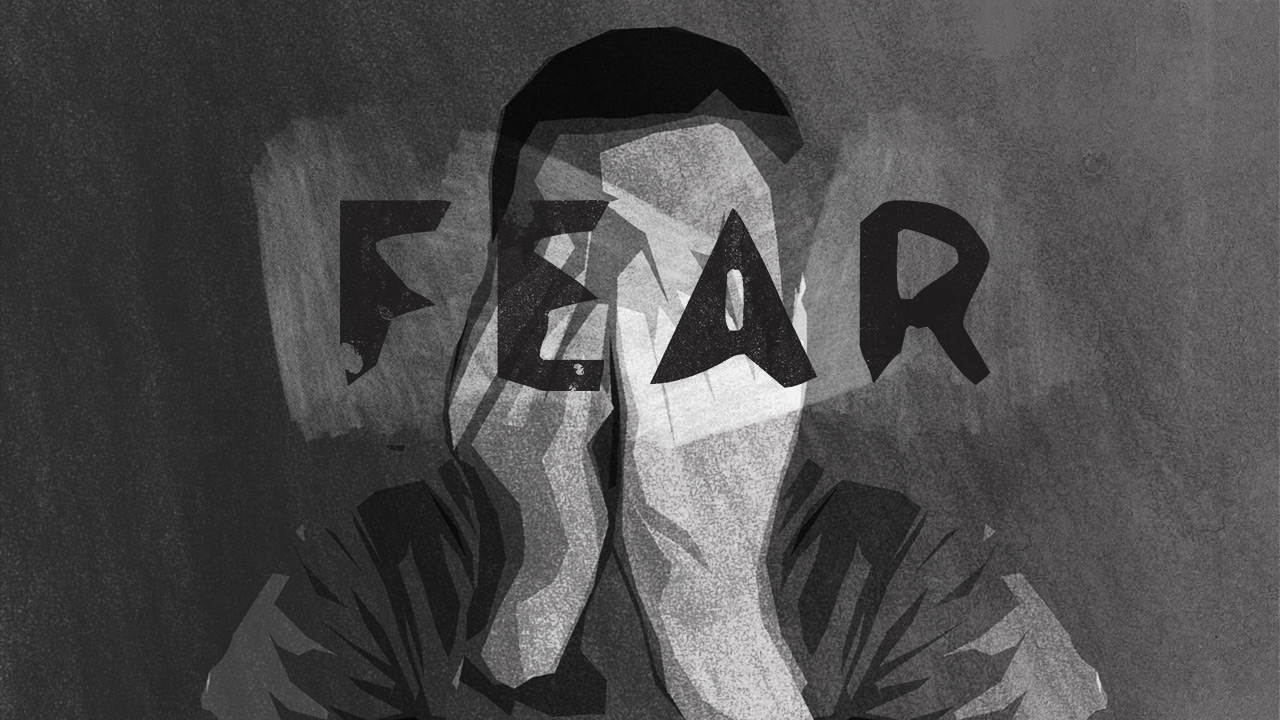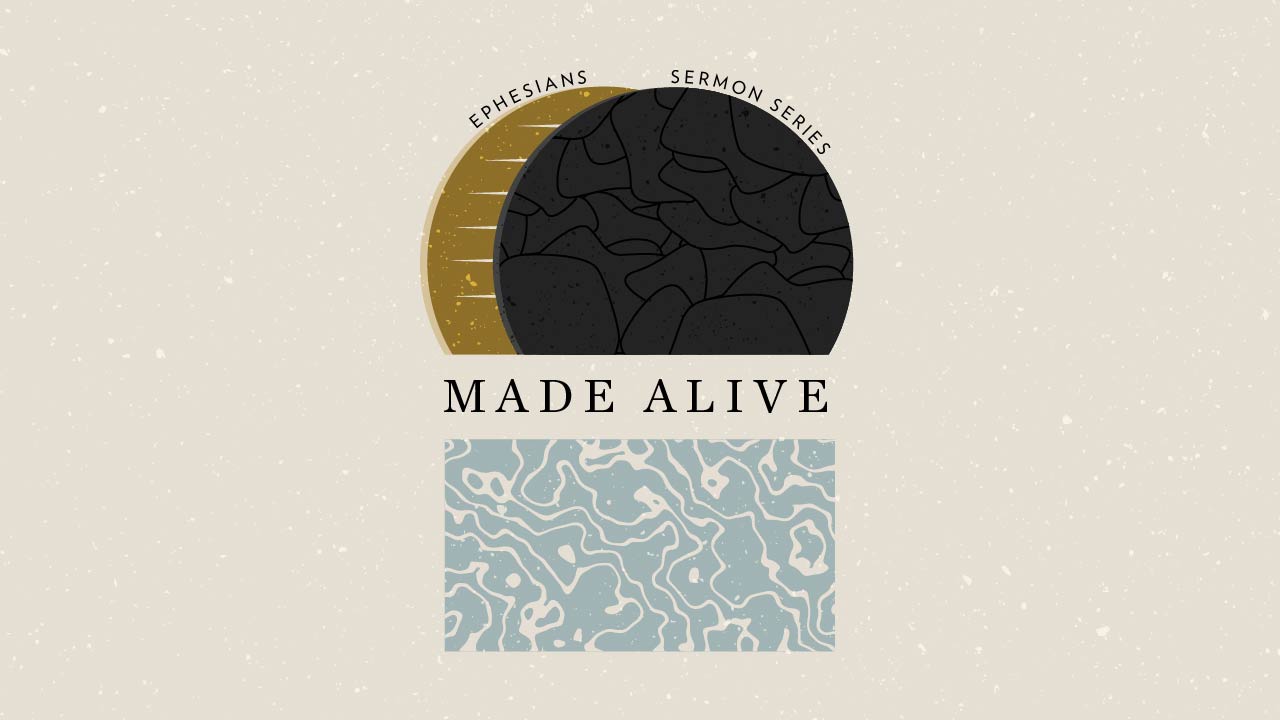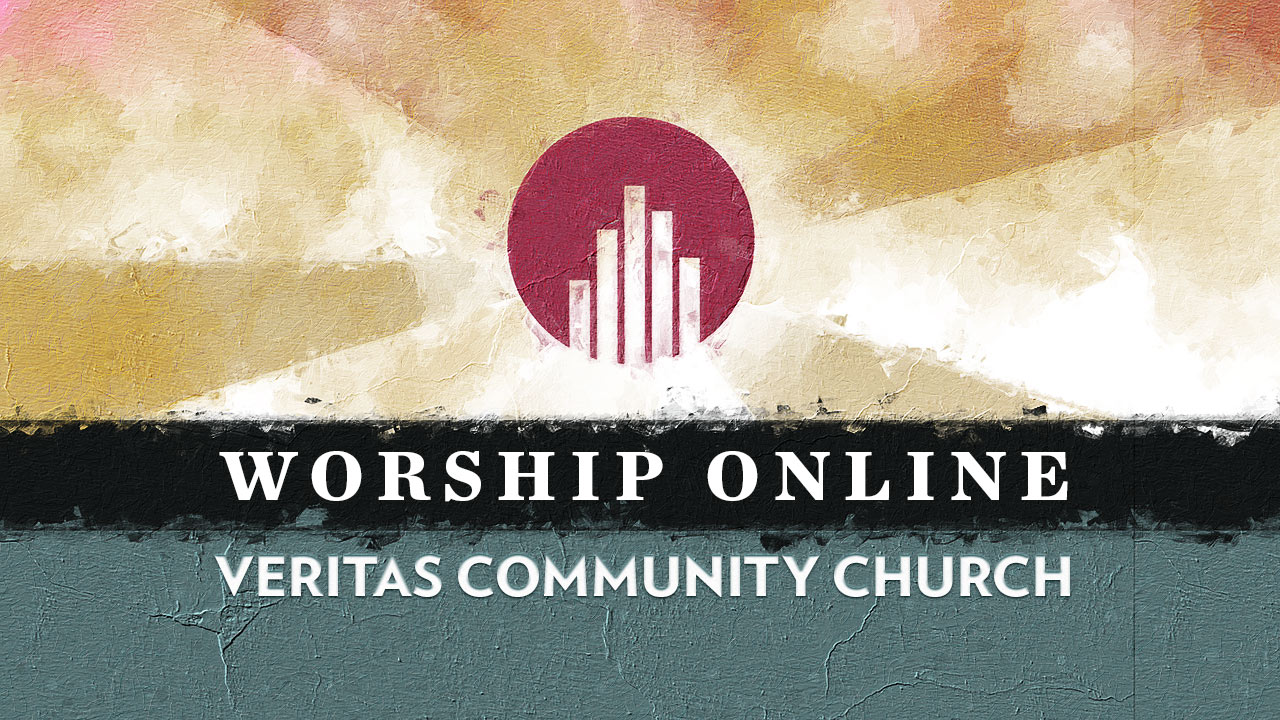
When Fears Are Big and God Is Small
Congregation: Tri-City
Series: Fear
Speaker: Brad Snyder
Scripture Text: Esther 1-4
Here are some thoughts and questions to consider on our passage from Esther 1-4 this week:
“Life is not a straight line leading from one blessing to the next and then finally to heaven. Life is a winding and troubled road. Switchback after switchback. And the point of biblical stories like Joseph and Job and Esther and Ruth is to help us feel in our bones (not just know in our heads) that God is for us in all these strange turns. God is not just showing up after the trouble and cleaning it up. He is plotting the course and managing the troubles with far-reaching purposes for our good and for the glory of Jesus Christ.”-John Piper, “A Sweet and Bitter Providence”
1.When our fears are big and God seems small:
One of the most prominent features of the book of Esther is that God is not mentioned anywhere in the book. In fact, it is often evident that the author is extremely careful not to mention God, even when it would make sense to (such as when Mordecai is mourning in 4:1 or when Esther asks the people to fast for her in 4:16). This is one of the reasons why many in church history have sought to exclude Esther from the whole of Scripture. Brad discussed in his sermon why the author’s plan to not mention God is actually helpful in a unique way because it shows us a picture of how all of us often live our lives.
Brad also repeatedly referred to our “what if” fears that each of us face, consider, struggle through on a daily basis. He said that Esther and Mordecai were “people just like us, trying to handle their fear as they face their worst nightmares…people trying and sometimes failing to trust and follow God in their fear and worry.”
-What lies do we tend to believe about God when we are anxious and fearful? Where do these lies come from?
-What are the big “what ifs” that lay heavy on your mind? Do you have worries that keep you up at night? Have you ever felt that your circumstances are too big for God to handle?
-What helps you recognize when you are not seeing God in the midst of these circumstances?
-What does the apparent absence of God in this book teach us about our own lives and how we can rely on God even when we feel like he isn’t there? (check out Hebrews 11:27, 1 Tim 6:16, Job 23:8)
2. The Mighty King Ahasuerus:
In chapter 1, we see a picture of a king who seems to be extremely self-conscience, prideful, arrogant, and rude. He has to throw big, elaborate, parties to remind himself of his earthly power. Brad pointed out that the name “Ahasuerus” is either mentioned or alluded to around 46 times (!!!) in chapter 1 alone.
-What do you make of the almost comical depiction of this incredibly powerful king that is obsessed with what people think of him?
-How often do we get caught up in defending/promoting our own “kingdoms” opposed to the Kingdom of Heaven? As powerful and influential as we may view ourselves, does the account of Ahasuerus teach us something about what we value, protect, and defend?
-How would your life look different if you lived, not according to the fleeting pleasures of this life, but instead sought to live a life that is pleasing to God, focused on heavenly/eternal things? (Colossians 3:1-5) (Sometimes “faith” looks like “losing”; laying your life down for the sake of others as you follow Christ! John 15:13)
3. How our fears drive our decisions:
When Esther was taken to the king’s palace Mordecai essentially ordered her to abandon her Jewish identity, probably out of fear for her safety (2:10-11). On the surface, this might have seemed like a smart strategy for self-preservation, but in reality it was an abandonment of their faith. As Brad said, fear can lead us to believe we have no other options.
-Think about a time in your life, perhaps recently, where an easier choice required you to hide, disguise, or compromise your faith in Christ.
– How does God remain faithful to you despite these choices? (consider: 2 Tim 2:12-13 “…If we disown him he will also disown us; if we are faithless he will remain faithful for he cannot disown himself”)
-How have you seen God’s hand in your life even when you were not faithful?
Up to this point, Esther and Mordecai were not exactly “heroes”. They had made a lot of mistakes, and were even hiding their faith. Yet, they both make famous statements of faith in chapter 4 (verses 14-16).Some things to consider:
-Does faithlessness at one point in someone’s life disqualify them from faithfulness at a later time? What does that tell us about God?
-What does God’s choice of Esther and Mordecai teach us about God’s character? (God didn’t use the person with flawless faith that never made mistakes or compromises, he used two people, kind of like us…) (consider Ephesians 2:10, Esther and Mordecai still had to make bold proclamations of faith with their lives!)
4. God is in control and he cares.
-In what ways/at what times do you struggle with believing God is in control of your life?
Mordecai responded to the king’s edict with a traditional Jewish form or mourning and repentance- donning sackcloth and ashes (4:1-3). He turned his heart towards God and his faith was fortified such that he had confidence God would deliver them from this death sentence (4:14). As Brad said, we have “big God full of Big Grace.”
-What helps strengthen your faith in times of uncertainty?
-Are there any habits you have cultivated to draw yourself closer to God in times of difficulty?
-How has your faith been affected by drawing near to God in trust verses withdrawing in fear and anxiety?
In verse 16 Esther says “If I perish for my people, then I perish”. Compare her to Jesus who doesn’t just say “if I perish, I perish” but rather says “WHEN I perish, I will perish” in order to save my people. (in fact, as Brad pointed out, Jesus says “When I perish, you will live”(John 10:15-18)). Take a few minutes and reflect upon the ways in which Jesus is a “true and better” Esther by laying down his life to save a multitude of sinners. Why is that important to us? Don’t just assume the fact that this happened, think about how your life is different because of who Jesus is and what He has done for us!
“What if it hasn’t just been a random chaos of tragedy and struggle? What if there is a caring hand that has been in control this whole time? The narrator is committed not to name God, but what Mordecai is saying here is what if God is who we’ve heard he is from all the stories? What if he is Sovereign and Loving? What if he really is in control and he cares? What if your little story is wrapped up in something bigger, something eternal, something glorious? What if your story has a purpose wrapped up in His story? What if its all for such a time as this?-Brad, from the sermon



Comments are closed.